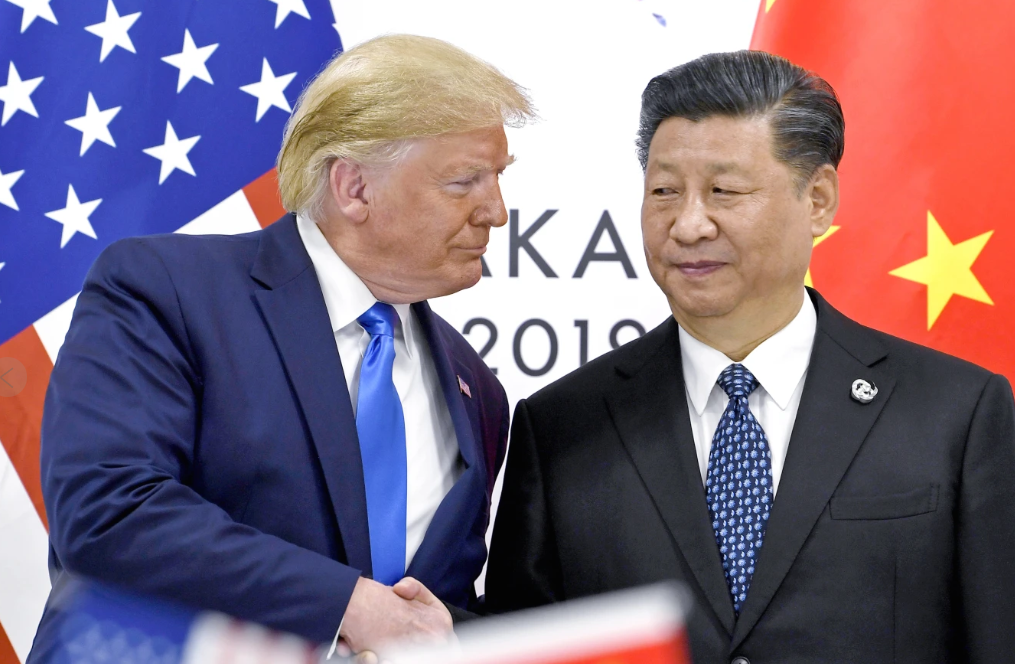China expressed strong objections on Wednesday after the United States added dozens of companies to its export control list, including over 50 based in China. The U.S. claimed that these companies sought advanced knowledge in fields such as supercomputing, artificial intelligence, and quantum technology for military applications.
In addition to Chinese firms, companies from Taiwan, Iran, Pakistan, South Africa, and the United Arab Emirates were also added to the list, which now includes about 80 entities. Among those listed are six subsidiaries of Inspur Group, China’s top cloud computing and big data services provider, which was already added to the list in 2023.
Also included is the Beijing Academy of Artificial Intelligence, which strongly condemned its inclusion. The research institution, which operates as a private non-profit, expressed surprise and anger at being placed on the entity list, denouncing the decision as unfounded and urging U.S. authorities to reverse their move.
A review committee determined that both the Beijing Academy of Artificial Intelligence (BAAI) and Beijing Innovation Wisdom Technology Co. had developed large AI models and advanced computer chips intended for military use.
China’s Foreign Ministry strongly criticized the U.S. entity list and other export controls, calling them an unjust attempt to “suppress Chinese enterprises.”
Spokesperson Guo Jiakun stated during a regular press briefing on Wednesday that these actions violate international law and basic international norms, severely harm the legitimate rights of businesses, and threaten the stability and security of global supply chains. China firmly opposes and condemns these measures.
According to the U.S. Bureau of Industry and Security, the goal of these controls is to limit China’s ability to develop ultra-fast “exascale” supercomputers, which are crucial for advancing hypersonic weapons and other sensitive technologies. The controls also aim to prevent South Africa’s Test Flying Academy from using U.S. goods to train Chinese military personnel, disrupt Iran’s access to drones and other military items, and impede the development of unsafe nuclear and ballistic missile programs.
The companies listed are now subject to the U.S. Bureau of Industry and Security’s “foreign direct product rule,” which gives the U.S. government control over reexports and transfers of foreign-made goods that contain technology considered critical to national security.
These new export controls come as the Trump administration prepares to implement another round of tariff increases next week, further escalating the trade war initiated during his first term.
Trump has already raised tariffs on Chinese imports to 20%, and on Monday, he announced plans to impose a 25% tariff on all imports from countries that purchase oil or gas from Venezuela, with China being a significant buyer of Venezuelan oil.
In response, China has introduced its own countermeasures, including imposing new tariffs on a wide range of U.S. goods and launching an anti-monopoly investigation into Google. Additionally, China has tightened its own sanctions regime, passing a law that allows it to freeze the assets of companies targeted by Chinese sanctions.

